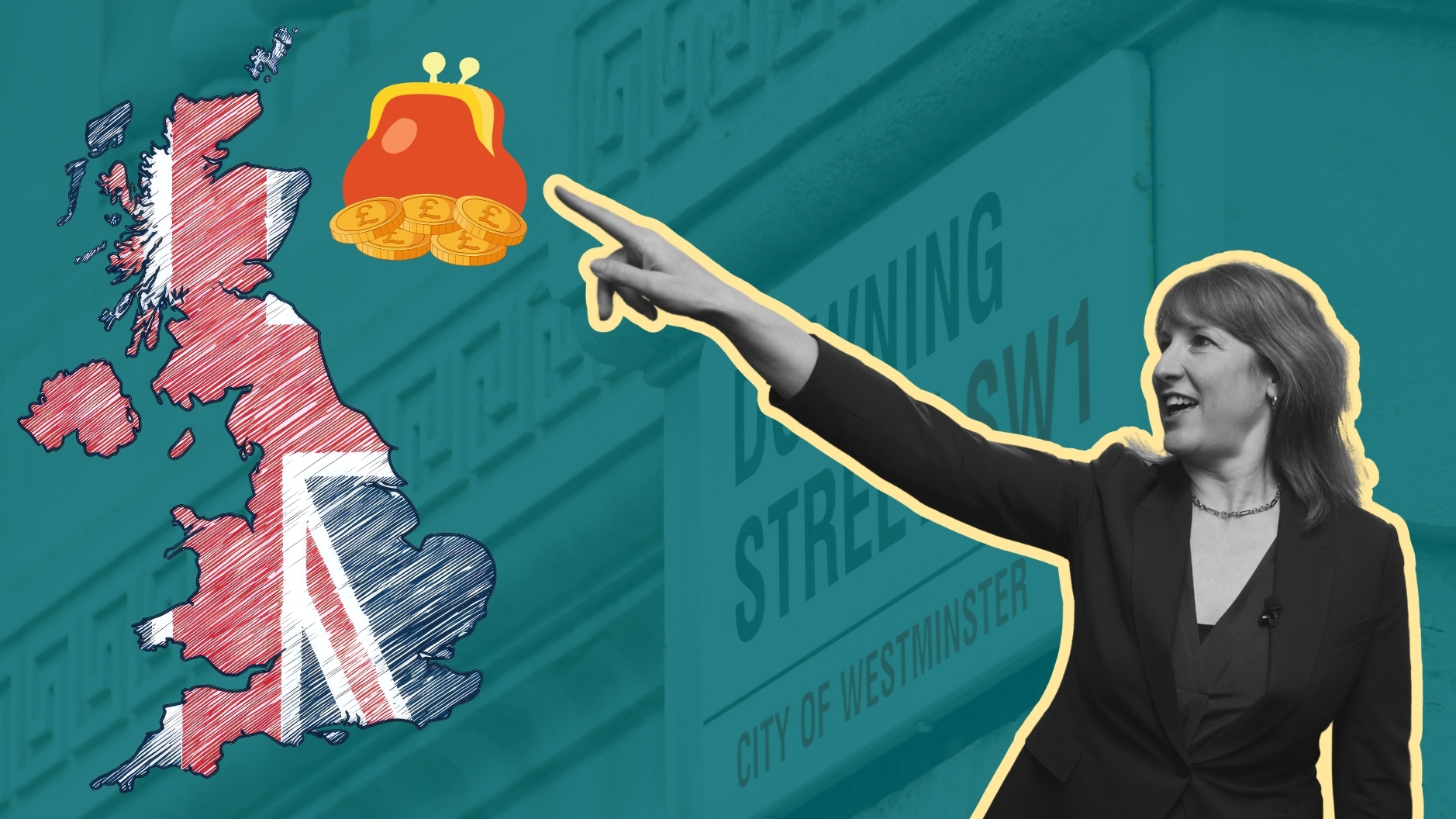Cuba comes in from the cold
Barack Obama’s historic trip to Cuba and the prospect of the US trade embargo ending has sparked a deluge of interest by foreign companies and investors.
Get the latest financial news, insights and expert analysis from our award-winning MoneyWeek team, to help you understand what really matters when it comes to your finances.
You are now subscribed
Your newsletter sign-up was successful
Want to add more newsletters?
American president Barack Obama's historic trip to Cuba and the prospect of the US trade embargo ending has sparked a deluge of interest by foreign companies and investors. The gradual thaw in US-Cuban relations has already had concrete results.
Cruise company Carnival will begin Cuban operations in May and money transfer specialist Western Union will expand its Cuban operations. Meanwhile, "Cuba is the fastest-growing country of all time in our platform", says Airbnb founder Brian Chesky, whose room-letting website may now operate unhindered on the island.
Nevertheless, the economy has a long way to go. There is little hope of the half century-old embargo ending soon, as Congress would have to approve the step.
Try 6 free issues of MoneyWeek today
Get unparalleled financial insight, analysis and expert opinion you can profit from.

Sign up to Money Morning
Don't miss the latest investment and personal finances news, market analysis, plus money-saving tips with our free twice-daily newsletter
Don't miss the latest investment and personal finances news, market analysis, plus money-saving tips with our free twice-daily newsletter
Meanwhile, dodgy official statistics imply that the country's alleged 4% growth is not a reliable figure. The Cuban population, 11.2 million, is shrinking and rapidly ageing. The country's infrastructure is very poor; there are seven computers per 100 people, one of the lowest ratios in theAmericas. A large and inefficient public sector hampers output. An artificially high exchange rate has crimped exports.
Still, the economy is gradually being deregulated, with the establishment of Mariel, a free-trade zone reminiscent of China's early free-market experiments, a key milestone. The end of the embargo and full currency liberalisation would make Cuba far more attractive to foreign investors: Pablo Gonzalez Alonso and Alec Lee of the Frontier Strategy Group reckon foreign direct investment could jump from around $700,000 a year to $3bn.
Companies arriving will benefit from a cheap and well-educated workforce: Cuba boasts a literacy rate of 99.8%. Cuba has no stock exchange, but investors intrigued by its potential can research the US-based closed-end fund Herzfeld Caribbean Basin Fund (Nasdaq: CUBA). It has a portfolio of companies that would benefit from a resurgent Cuba.
Also potentially worth exploring is Leni Gas Cuba (ISDX: CUBA), a Cuba-orientated investment vehicle on London's ISDX market, which is run by ICAP.
Get the latest financial news, insights and expert analysis from our award-winning MoneyWeek team, to help you understand what really matters when it comes to your finances.
Giselle Garcia is a Brazilian journalist currently studying for a master's degree in financial journalism at City University in London. Her focus is on international politics and markets.
-
 What do rising oil prices mean for you?
What do rising oil prices mean for you?As conflict in the Middle East sparks an increase in the price of oil, will you see petrol and energy bills go up?
-
 Rachel Reeves's Spring Statement – live analysis and commentary
Rachel Reeves's Spring Statement – live analysis and commentaryChancellor Rachel Reeves will deliver her Spring Statement today (3 March). What can we expect in the speech?